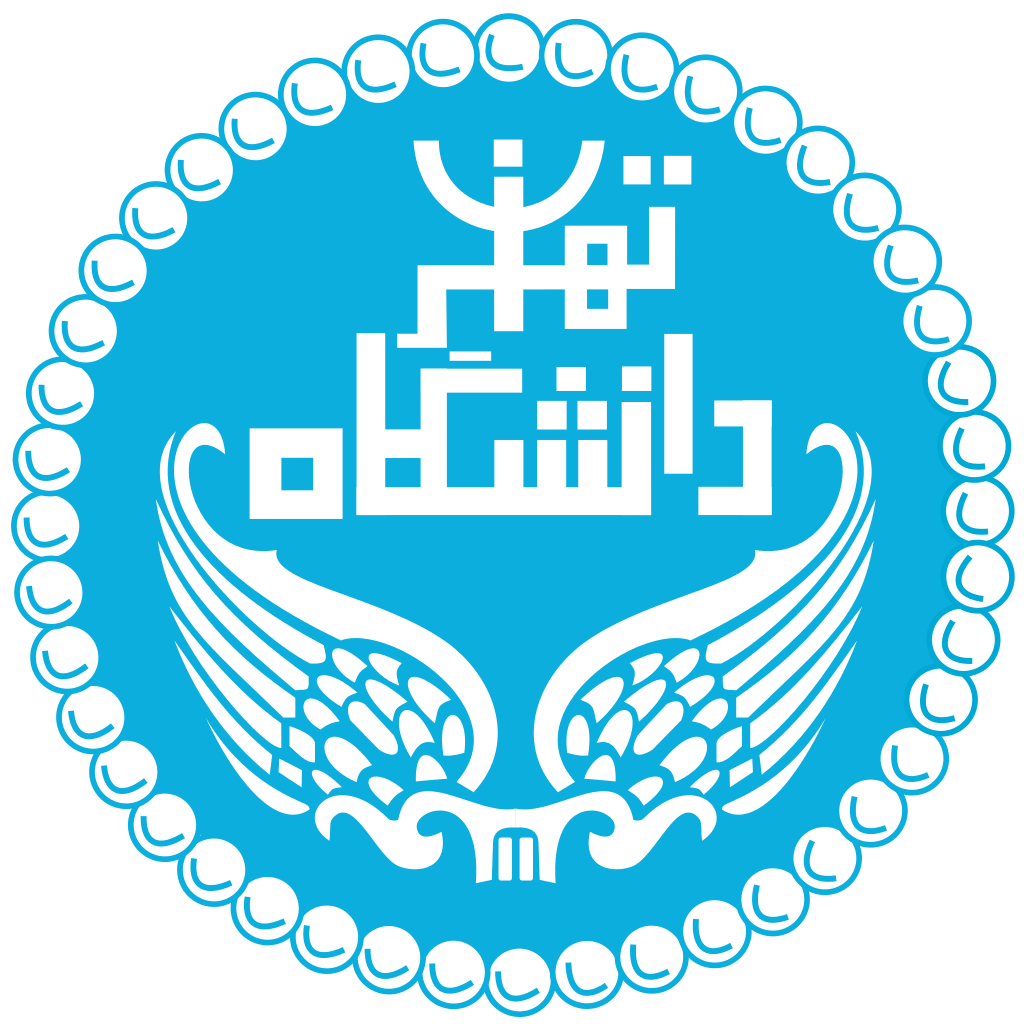Department of Rural Studies - موسسه مطالعات و تحقیقات اجتماعی isr
Rural Studies Department
The Rural Studies Department of the Institute for Social Studies and Research at the University of Tehran has been one of the most active and effective research sections in the country since the foundation of the institute. Alongside its fundamental and applied research, this section has played a significant role in transforming scientific perspectives and approaches in the field of rural studies in Iran. With its outstanding experience, the Rural Studies Department is considered one of the pioneers of academic research on rural issues in Iran. The first systematic research in the field of rural studies in the country was conducted by prominent faculty members of the institute, whose work continues to be used as a credible reference both nationally and internationally. Some of these research studies are now available for the first time in the institute's archive section on the institute's website.
With a combination of experienced professors and young researchers, the department is now recognized as one of the leading centers for research and education in rural studies in Iran. The members of this department, utilizing specialized knowledge and both scientific and practical experience, explore the various transformations and issues faced by rural communities in Iran, working towards guiding rural studies toward new horizons.
The approach of the Rural Studies Department is interdisciplinary, drawing on expertise from various fields. The research topics include rural sociology, rural economics, rural planning, rural development, and rural culture. This multifaceted approach provides a deeper and more comprehensive understanding of the problems and transformations in rural communities in Iran, contributing to the development of effective solutions.
Aims of the Rural Studies Department
The Rural Studies department is dedicated to enhancing public knowledge and awareness of rural issues and contributing to the sustainable and balanced development of rural areas in Iran. The main objectives of the section are:
- Advancement of Rural Knowledge
Conducting high-quality fundamental and applied research in rural studies and disseminating research findings through scientific articles, books, and research reports. - Identification and Analysis of Rural Issues
Thoroughly examining and analyzing the issues and challenges faced by rural communities in Iran, including poverty, migration, employment, agriculture, environmental issues, and social and cultural changes. - Providing Solutions for Rural Development
Producing applied knowledge and offering research-based solutions and policy recommendations aimed at improving the living conditions of rural populations and fostering sustainable development in rural regions. - Training Specialists
Educating and training students and researchers specializing in rural studies through educational courses, workshops, seminars, and participation in research projects. - Engagement with Rural Communities
Establishing effective communication with rural communities, governmental and non-governmental organizations involved in rural development, and transferring research findings to stakeholders and the broader community. - National and International Collaborations
Building and expanding scientific collaborations with universities and research centers in Iran and abroad that are active in the field of rural studies.
Main Perspective of Department:
Commitment to Sustainable, Balanced, and fair Development of Rural Areas
The Rural Studies Department of the Institute for Social Studies and Research at the University of Tehran, as a leading academic and research institution, is committed to playing a pivotal role in understanding and solving the issues of rural communities in Iran. It is dedicated to contributing to the realization of fair, balanced, and sustainable development for the rural areas of the country. This commitment to balanced development and attention to the cultural and social characteristics of each region distinguishes this section, which is consistently involved in various domestic and international projects.
